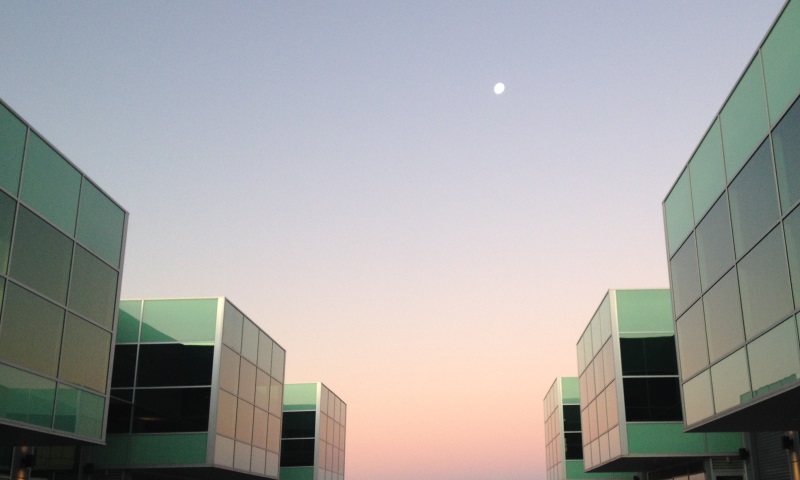There's that saying "if you do what you've always done, you'll get what you've always got". I think we've all realised that the world of work and business is changing so fast that we can no longer do what we've always done. However, changing the way we think is not that easy. That's why we need a new generation of thought leaders.
The term 'thought leader' is a buzzword that is often misunderstood and misused, but it actually refers to those people who inspire others to challenge established thought and find new ways of doing things.
Thought leadership is not something you can buy or manufacture, it's a title others bestow on you. It comes from an in depth knowledge of your subject matter, the ability to challenge the status quo and the drive to turn thought into action and disrupt the norm. Thought leaders earn their title over time because they don't just talk they consistently deliver and in so doing lead by influence.
If we are looking for the next generation of thought leaders to bring their fresh ideas to the challenges of globalisation, climate change and technological advances, we should start by rethinking how we educate our children.
One school that prides itself on providing an education that nurtures, inspires and motivates students to be independent thinkers and innovators is Orana Steiner School. We spoke to Principal Dee Whitby about how they go about teaching students to be creative thinkers and prepare them for the future.
According to Dee our current system of education was conceived in the industrial age when people were being trained for jobs to fill the factories.
"Words that we often hear in business like productivity, compliance, measures of success and efficiency all stem from this age," says Dee.
"However, anyone who has ever worked in a large organisation with their rigid silos and top down management systems will know that people find ways to work around bureaucracy and collaborate with each other in order to solve problems.
"This just shows that in the networked era, we have to work differently," she adds.
According to Dee, at Orana they recognise that most great learning first happens in groups.
"Collaboration drives creativity, growth and imagination and we encourage this right through the curriculum," says Dee.
"It's also important to offer a balance of academic, artistic and practical activities so that the child is thoroughly prepared for life.
"By encouraging a wide range of knowledge where students do not specialise too early, they get to know the world in its diversity and complexity," she adds.
In order to become a thought leader it is important to be completely immersed in your subject and at Orana the practice of having a 90 minute main lesson first thing in the day allows children to explore a particular subject in great depth over 3 to 4 weeks.
According to Dee, allowing children to become totally immersed in what they are studying has the effect of 'waking them up' to new ideas and encourages them to engage with the subject matter fully. Futurists and industry experts say one of the other important skills for the future will be the ability to think critically and analyse information.
"The aim of the High School curriculum at Orana is to support and lead students out of themselves and into the modern world by developing interests, discernment, critical thinking, and sound judgement," says Dee.
"In the early High School years, young people want to be citizens of the modern world, so their learning is woven around this drive.
"They want to understand what the word is about and are fascinated with power and strengths. So in history and physics, for example, power and energy are studied.
"By the middle High School years, students are interested in how things came to be in the form we see them today: governments, the physical world, cultural understandings. The question 'Why?' is central to their thinking as they challenge conventional practices in the process of developing existential wisdom to guide their life paths. So this is the key theme of teaching in these years.
"By the final years of High School, the Senior College years, students bring their honed analytical and synthetic skills to the question of 'Who?' Who is behind a particular world view? Who is the author of a given doctrine? Awareness of culture is heightened at the same time, as is appreciation of the universality of humanity's core questions.
"And finally at the completion of their high school education, without losing sight of their ideals the students can recognise that life involves paradoxes," concludes Dee.
Most children start school with an abundance of imagination, curiosity and the willingness to give things a go. In order for us to prepare our children for the future, it's important that we protect and nurture those qualities as they are the building blocks for lifelong learning and the foundations upon which our future thought leaders will build.



